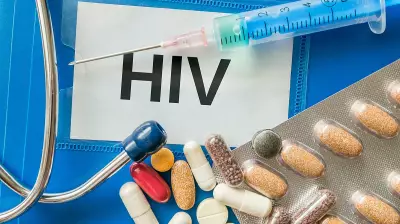
The toxic haze blanketing Delhi and North India each winter is doing more than causing breathing problems - it's now being linked to rising blood sugar levels and worsening India's diabetes epidemic.
The Hidden Health Crisis in Our Air
While most residents complain about burning throats and breathing difficulties during winter months, medical experts have identified a more insidious threat. The polluted air millions are breathing may be directly contributing to insulin resistance and elevated blood sugar levels. This discovery adds another layer to India's already substantial public health challenges.
Recent studies conducted by health researchers have established a clear connection between exposure to polluted air and the body's ability to regulate blood sugar. As Delhi disappears under its characteristic grey haze every November, the health implications extend far beyond respiratory issues.
Scientific Evidence Connects Pollution and Diabetes
Medical research has demonstrated that air pollution particles can trigger inflammation throughout the body, including in organs responsible for insulin production and blood sugar regulation. This inflammatory response makes cells less responsive to insulin, leading to higher blood sugar levels.
The timing of this research is particularly relevant as North India prepares for another winter of severe air quality. Doctors note that the problem isn't limited to immediate symptoms like coughing and eye irritation. The long-term consequences on metabolic health could be driving India's diabetes burden silently but significantly.
A Growing Threat to Public Health
India already faces a massive diabetes challenge, with millions diagnosed and many more undiagnosed cases. The new understanding that air pollution contributes to insulin resistance means environmental factors are playing a larger role in this health crisis than previously recognized.
Healthcare professionals emphasize that this connection between air quality and blood sugar regulation represents a dual threat to public health. It combines the well-documented respiratory risks of pollution with newly understood metabolic dangers, creating a comprehensive health emergency that demands urgent attention from both environmental and medical perspectives.
The research findings underscore the need for integrated approaches to public health that consider environmental factors alongside traditional medical interventions for chronic conditions like diabetes.






